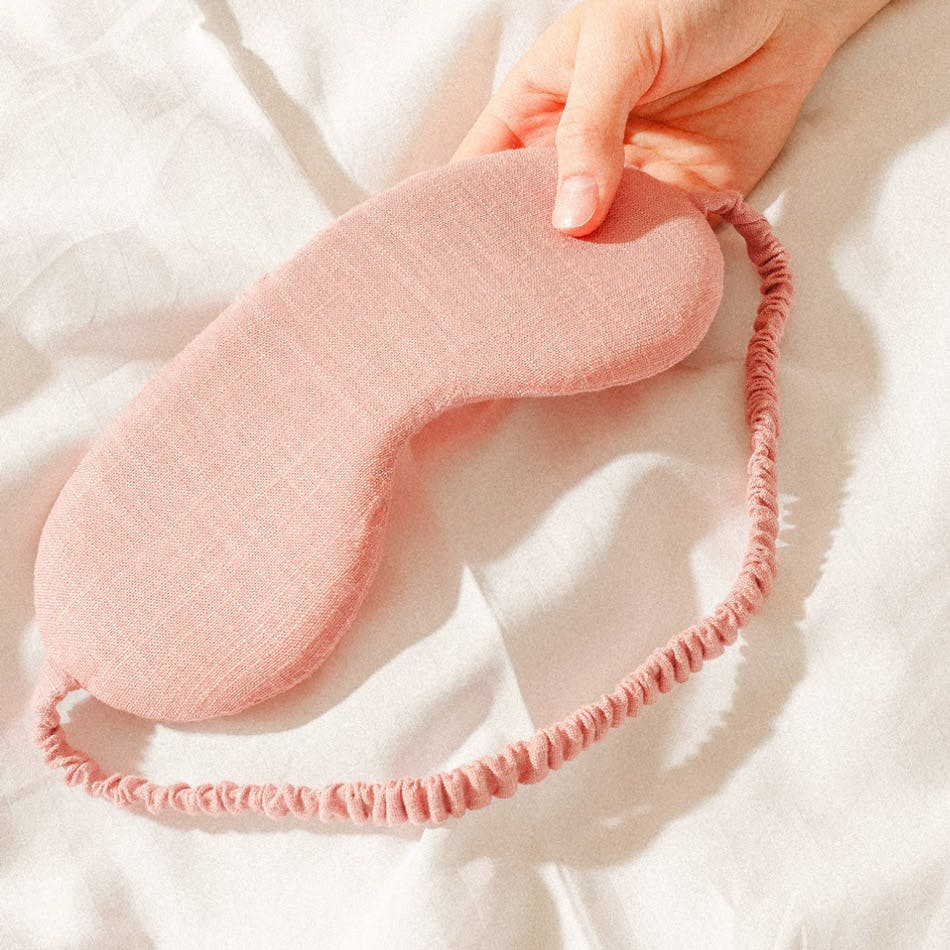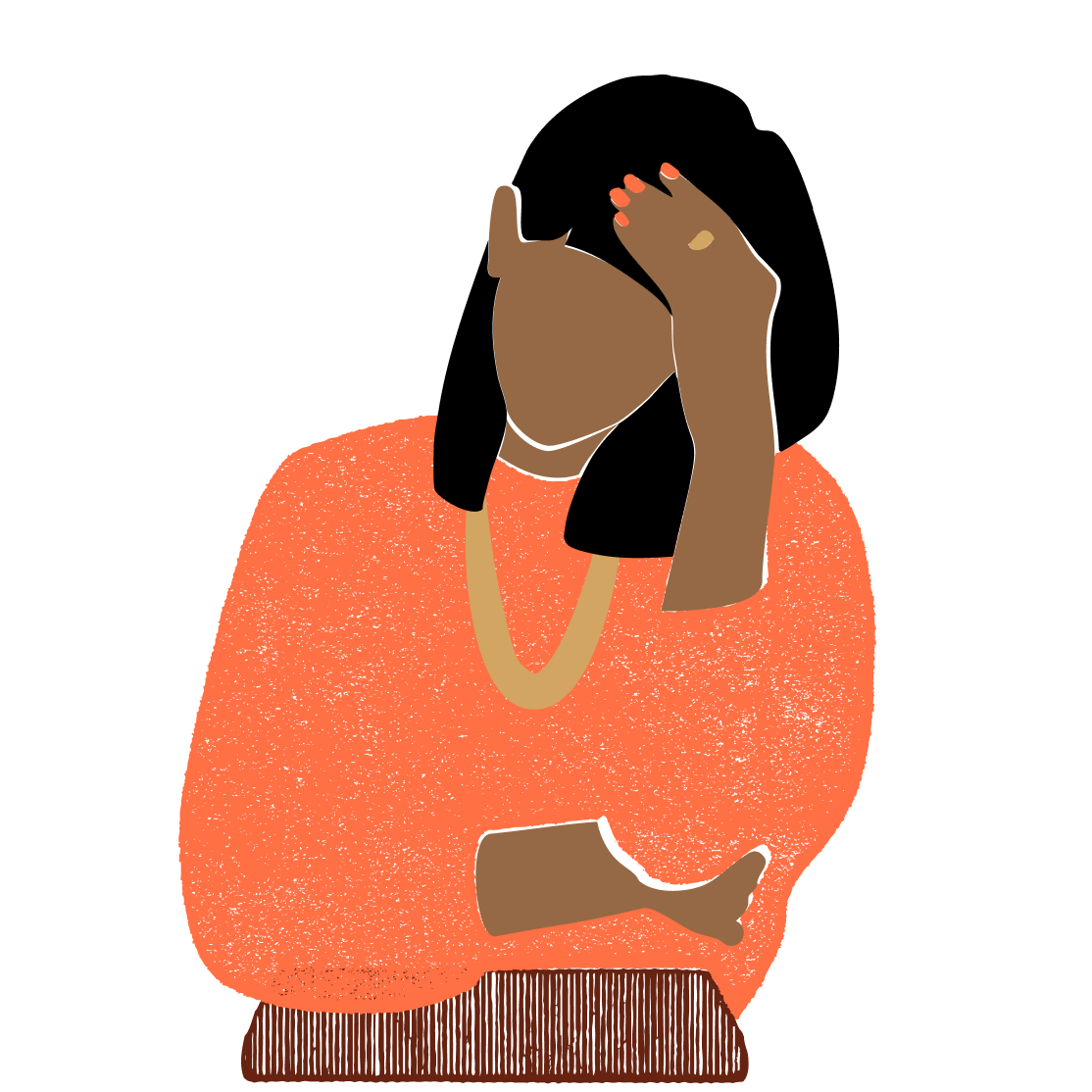Sleep disruption affects nearly half of perimenopausal women and up to 60% of those postmenopause, making it a critical health concern during midlife. Hormonal changes, including declining estrogen, progesterone, and melatonin levels, alongside menopause symptoms like hot flashes and mood shifts, wreak havoc on restful sleep. The health impacts of poor sleep are significant, ranging from increased risk of heart disease to decreased cognitive function. But the good news? Personalized solutions—from lifestyle adjustments to hormone therapy—can help midlife women regain the quality rest they deserve.
Sleep and Menopause
We humans spend roughly a third of our lives sleeping, and that time is anything but wasted. As you sleep, your body shifts into maintenance mode, taking care of vital backup and repair work on your cardiovascular and immune systems, metabolism, and more. Your brain leans in as well, sorting and storing information and memories to help you feel sharp the next day, and far into the future.
Given how essential it is to our body—as important as food, water, even air—it’s shocking how few of us log optimal hours of sleep. Needs vary a bit from person to person and over our lifespan, but The National Sleep Foundation (NSF) recommends that adults between the ages of 26 and 64 get seven to nine hours of quality, uninterrupted sleep. Women, especially in midlife, tend to miss that mark.
According to the massive Study of Women's Health Across the Nation (SWAN), sleep disorders affect up to 47 percent of perimenopausal women, and up to 60 percent of postmenopausal women. So if you’re at midlife and haven’t had a good night's sleep in a while, know that there are plenty of other women wide awake with you. But none of us should settle for inadequate rest, because our health takes a hit: Poor sleep is associated with increased risk of coronary heart disease, osteoporosis, and decreased cognitive function, as well as overall mortality. To sleep longer, deeper, and easier, start by figuring out what's getting in the way of quality rest.
What’s behind menopausal sleep issues?
The National Institutes of Health confirms that menopause transition is a major cause of sleep disturbances in some women, including difficulty falling and/or staying asleep, frequent wake-ups during the night, and awakening extra early. In addition, women tend to underestimate the total sleep time and number of arousals they report, which means the problem is almost certainly more serious. So, how does menopause factor in?
- Hot flashes and other menopause symptoms
Sleeplessness in midlife is often associated with hot flashes, also called night sweats if they happen at night. The sudden feeling of intense warmth followed by flushing and sweating often causes full awakenings, and research shows it’s a major sleep wrecker when you consider that 75 percent of women report hot flashes during menopause.
Other menopausal symptoms that contribute to poor sleep include joint pain, body aches, frequent nighttime urination, weight gain, mood disorders, anxiety and depression. For instance, 76% of women over the age of 40 wake up at least once per night for a bathroom run. Women are also two times more likely to experience depression in midlife, and the relationship between sleep disturbance and depression is very strong. A UK based mental health survey found that 90 percent of the people 55-64 with depression also suffered from insomnia. - Widespread hormonal changes
The drop in estrogen that every woman experiences at midlife triggers most of the menopausal symptoms described above, and those symptoms mess with sleep. But hormones are also directly connected to sleep in a myriad ways. For example, estrogen regulates and metabolizes norepinephrine and serotonin, body chemicals that influence the sleep-wake cycle and mood. As estrogen starts to decline during perimenopause, those chemicals fluctuate as well, increasing the risk of depressive symptoms and trouble sleeping.
But estrogen isn’t the only sex hormone that supports a good night sleep. Progesterone has sedative qualities (calming, soothing, relaxing); it helps to reduce anxiety and reactions to body sensations, and affects respiration, protecting against breathing issues such as sleep apnea. All these effects make progesterone very conducive to restful sleep, but like estrogen, it also decreases during the menopause transition, contributing to sleep problems for many women. (Sleep apnea, by the way, is a big one: Starting at perimenopause, a woman’s risk of sleep apnea increases by four percent every year. With less progesterone to help keep airways open for easy breathing, sleep apnea can literally cut off your oxygen, waking you dozens of times a night, whether you’re aware of it or not.)
Melatonin is a hormone that is naturally produced by the body as light exposure decreases, getting us primed for nighttime sleep. And, you guessed it, melatonin production declines with age. The result? Sleep disruption can become a part of daily life (studies indicate that postmenopausal women with insomnia have lower melatonin levels).
Finally, cortisol, also known as the stress hormone, affects many bodily functions, including sleep. Under normal conditions, cortisol production is high during the day (peaking in the morning as you wake up), and low at night once you’re relaxed and headed for bed. However, this is not particularly true for women at midlife. Dr. Ekta Kapoor, associate Professor of Medicine at Mayo Clinic, writes “women with a greater self-reported menopause symptom burden had higher cortisol levels, signifying greater physiological stress.” This keeps women alert at night, contributing to longer stretches of wakefulness, non-restorative rest, a buildup of “sleep debt” and the lower quality of life that comes with extreme fatigue, in general.
What can you do about your lack of sleep?
By now you’re probably ready for some fixes, and there are a lot to choose from. But solving sleep issues for women over 40 requires a solid grounding in hormone transition, the symptoms of perimenopause and menopause, and women’s midlife health in general. A Midi clinician, for example, will look into everything covered above, as well as potential culprits including restless legs syndrome, which is understudied, but not uncommon, in women. With such a hodgepodge of contributing factors, treatment should be personalized for your unique chemistry and challenges. Midi takes a holistic approach to all symptoms, but especially poor sleep, combining conventional medicine, as well as lifestyle coaching, supplements, and botanical remedies. Here’s how these work together:
- Your sleep habits and bedroom environment, aka sleep hygiene, is the first place to start in addressing sleep issues. Small but powerful changes include maintaining a regular bedtime schedule, keeping your bedroom at a cool temperature, exercising regularly, cutting back on caffeine and alcohol, and quitting any nicotine habit. We bet you’ve heard all of these before, but don’t dismiss them! Lifestyle shifts are highly science-backed. For example, a large Finnish study found that drinking more than one serving of alcohol per day can decrease sleep quality for women by nearly 40 percent. Cutting back, or even just changing the timing of your nightly glass of wine, can change your sleep equation.
- A number of wellness therapies also have good research behind them when it comes to improving sleep. Cognitive behavior therapy (CBT), which includes strategies such as stimulus control (for example, going device-free for an hour before bed), relaxation training, and reframing beliefs about sleep, has been shown to be effective in relieving insomnia. Mindful breathing, which can be as simple as listening to a guided meditation using an app, may also get results. And acupuncture, a key component of traditional Chinese medicine, has been shown to improve insomnia in a review of research.
- Supplements and botanical remedies are effective at improving sleep disturbance symptoms. Take melatonin, discussed earlier; it’s a natural hormone that signals the body to prep for sleep. When taken as a supplement it reduces the time it takes to fall asleep, and increases the duration and quality of sleep. Valerian, a flowering herb native to Asia and Europe, also has proven benefits. Other supplements that help relax the body, quiet the mind and enhance sleep include lavender, passionflower, glycine, chamomile and magnesium. Make sure to consult with a Midi clinician or your regular doctor before adding any of these supplements to your diet as they may have side effects or interfere with other medications.
- Hormone replacement therapy (HRT) is clearly effective in treating sleep disturbance and insomnia, especially for women who experience vasomotor symptoms (hot flashes and night sweats). Women whose insomnia is related to mood symptoms also benefit from HRT, as do those with sleep apnea. Some women can’t take HRT and others choose not to, but it’s an important option to consider if you’re a good candidate. The health consequences of poor sleep are serious enough that all treatments should be discussed with a Midi clinician or a specialist with a thorough understanding of what women experience at midlife.
- Non-hormonal prescription meds can help with sleep when HRT isn’t an option (say, for breast cancer survivors). One example: low doses of the drug gabapentin help to relieve menopausal symptoms and makes you sleepy, a double benefit when taken at night.
- Traditional sleeping pills may have side effects and can be habit-forming, which is why Midi uses them as a last resort. Fortunately, we’ve got a powerful array of alternatives to get sleep on the right track, safely and sustainably.
The Takeaway
- The risk of developing sleep disruption increases significantly for women at midlife, affecting up to 47 percent of perimenopausal women, and up to 60 percent of postmenopausal women.
- The reason? Hormonal changes, symptoms of menopause (think hot flashes, night sweats, mood changes), plus life stresses and age-related sleep conditions such as sleep apnea and restless leg syndrome.
- The good news: sleep can get better! Midi taps into a wealth of treatments to help you get the rest your body needs. Options range from wellness therapies, to botanical remedies, to hormone replacement therapy and non-hormonal medications. Finding the right combination of approaches should be a collaborative process, because there’s no one-size-fits-all sleep solution—just the solution that’s right for you.
If you’re in perimenopause or menopause and want guidance from clinicians who specialize in women’s midlife health, book a virtual visit with Midi today.
Hormonal change is at the root of dozens of symptoms women experience in the years before and after their period stops.
Our trained menopause specialists can help you connect the dots to guide you towards safe, effective solutions.
Whether you need personalized guidance or a prescription routine to tackle symptoms—including brain fog, hot flashes, sleep trouble, mood swings, and weight gain—we’ve got you covered. Learn more here.
Midi’s mission is to revolutionize healthcare for women at midlife, wherever they live and whatever their health story. We believe that starts with education, to help all of us understand our always-changing bodies and health needs. Our core values guide everything we do, including standards that ensure the quality and trustworthiness of our content and editorial processes. We’re committed to providing information that is up-to-date, accurate, and relies on evidence-based research and peer-reviewed journals. For more details on our editorial process, see here.
 Redeat Gebeyehu
Redeat Gebeyehu



